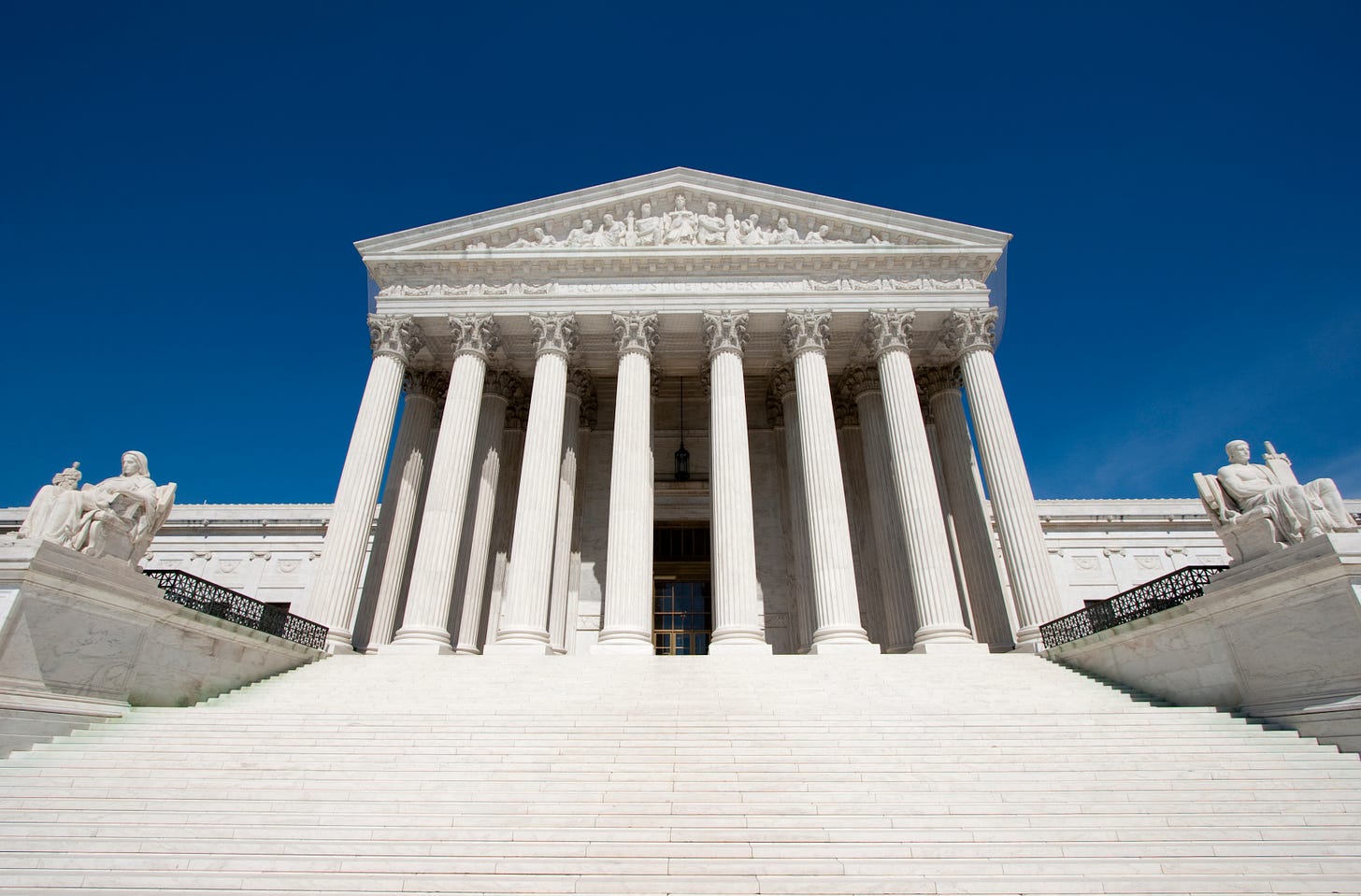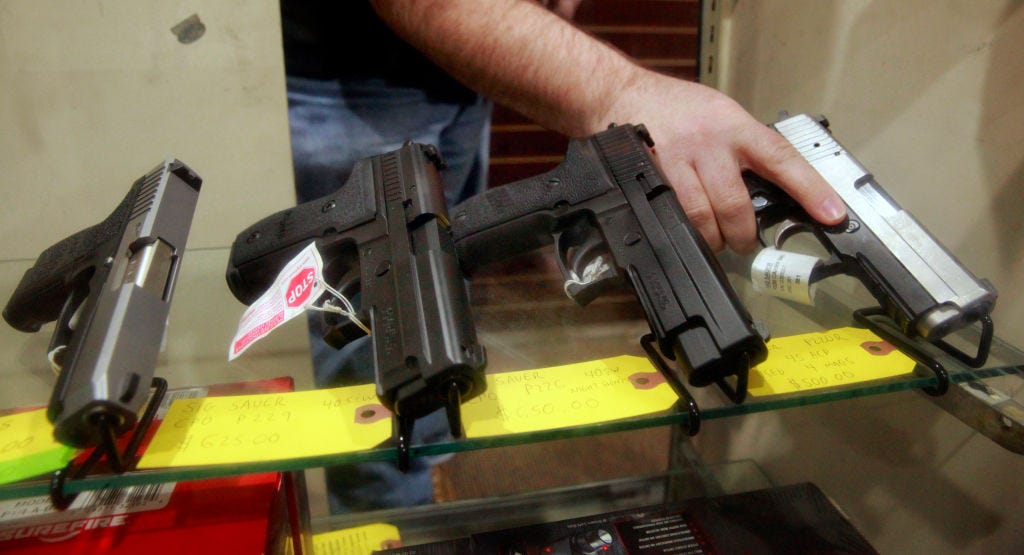Supreme Court overturns New York conceal gun carry law for violating Second Amendment rights
The ruling will change gun licensing laws in all "may issue" states
When I became the first woman in Washington, D.C. to get a concealed gun carry permit, I had to prove to the government that I had specific threats against my life.
Now, the Supreme Court says forcing citizens to prove they need to exercise their Second Amendment right to self-defense is unconstitutional. This is a huge win for the Second Amendment and those of us who carry a gun for self-defense.
As I predicted over a year ago, the Supreme Court overturned New York’s licensing scheme for carry permits. The decision written by Justice Clarence Thomas says the “may issue” type law violates the Second and Fourteenth Amendments. Legally carrying a gun outside the home cannot be limited to only people who can prove a need for self-defense.
BIG PICTURE:
This huge 6-3 decision could lead to changes in gun laws in eight other states around the country that make citizens prove a need to carry a weapon outside the home.
The court ruled quite simply:
The exercise of other constitutional rights does not require individuals to demonstrate to government officers some special need. The Second Amendment right to carry arms in public for self defense is no different.
The case, New York State Rifle & Pistol Association v. Bruen, was about whether the state could require people to show “proper cause” to get a license to carry a gun outside the home. The High Court said no.
Thomas wrote that:
New York’s proper-cause requirement violates the Fourteenth Amendment in that it prevents law-abiding citizens with ordinary self-defense needs from exercising their right to keep and bear arms.
The other “may issue” states crumble
The Supreme Court identified six states it views as “may issue” and need to change with New York are California, New Jersey, Maryland, Massachusetts and Hawaii.
Justice Kavanaugh made clear that these states cannot continue with their current licensing requirements:
Going forward, therefore, the 43 States that employ objective shall-issue licensing regimes for carrying handguns for self-defense may continue to do so. Likewise, the 6 States including New York potentially affected by today’s decision may continue to require licenses for carrying handguns for self-defense so long as those States employ objective licensing requirements like those used by the 43 shall issue States.
The Supreme Court still considers the District of Columbia “may issue” in this ruling (p. 11 and p. 101) because the City Council still has the old laws on the books.
When D.C. first allowed some conceal carry in 2014, it required applicants to show they were in “special danger.” Read my report at Fox 5 about going through that crazy process here. Then the D.C. Circuit ruled in 2017 in the Wrenn decision that the city couldn’t require a proper reason for the permit. D.C. didn’t amend the code, but acts as it is “shall issue.”
Anyway, any American who can pass a background check does the training requirement and pays a small fee can get a gun carry permit in the District.
Three states that most of us consider “may issue” —Connecticut, Delaware, and Rhode Island — were deemed okay by the court because they have “discretionary criteria but appear to operate like “shall issue” jurisdictions.” (page 5)
Limits to gun carry
The Court did not wipe out all carry laws to make the country like those states that are called “constitutional carry”, which means there are no licenses. Instead, Justice Alito wrote that:
Our holding decides nothing about who may lawfully possess a firearm or the requirements that must be met to buy a gun
Liberals predict gun violence
The liberals are already freaking out about this decision for gun rights.



Justice Alito’s response to the liberals on the court connecting these laws to crime:
Will a person bent on carrying out a mass shooting be stopped if he knows that it is illegal to carry a handgun outside the home?
Why it took this long
As I’ve written before, this decision is a legacy of Pres. Donald Trump.
Ever since the landmark Heller decision on gun ownership, it was evident that the court needed to address the nation’s split on gun carry laws.





